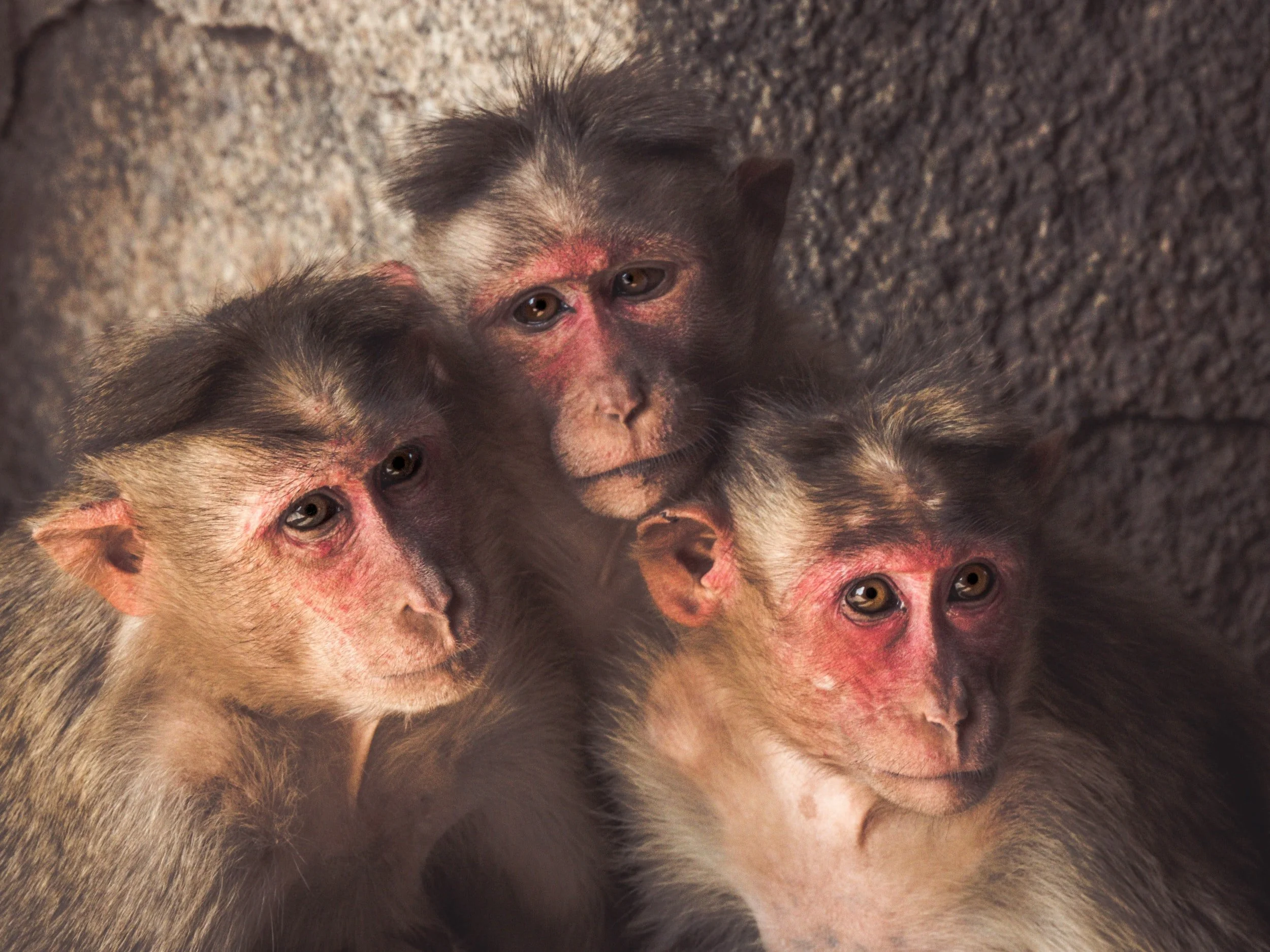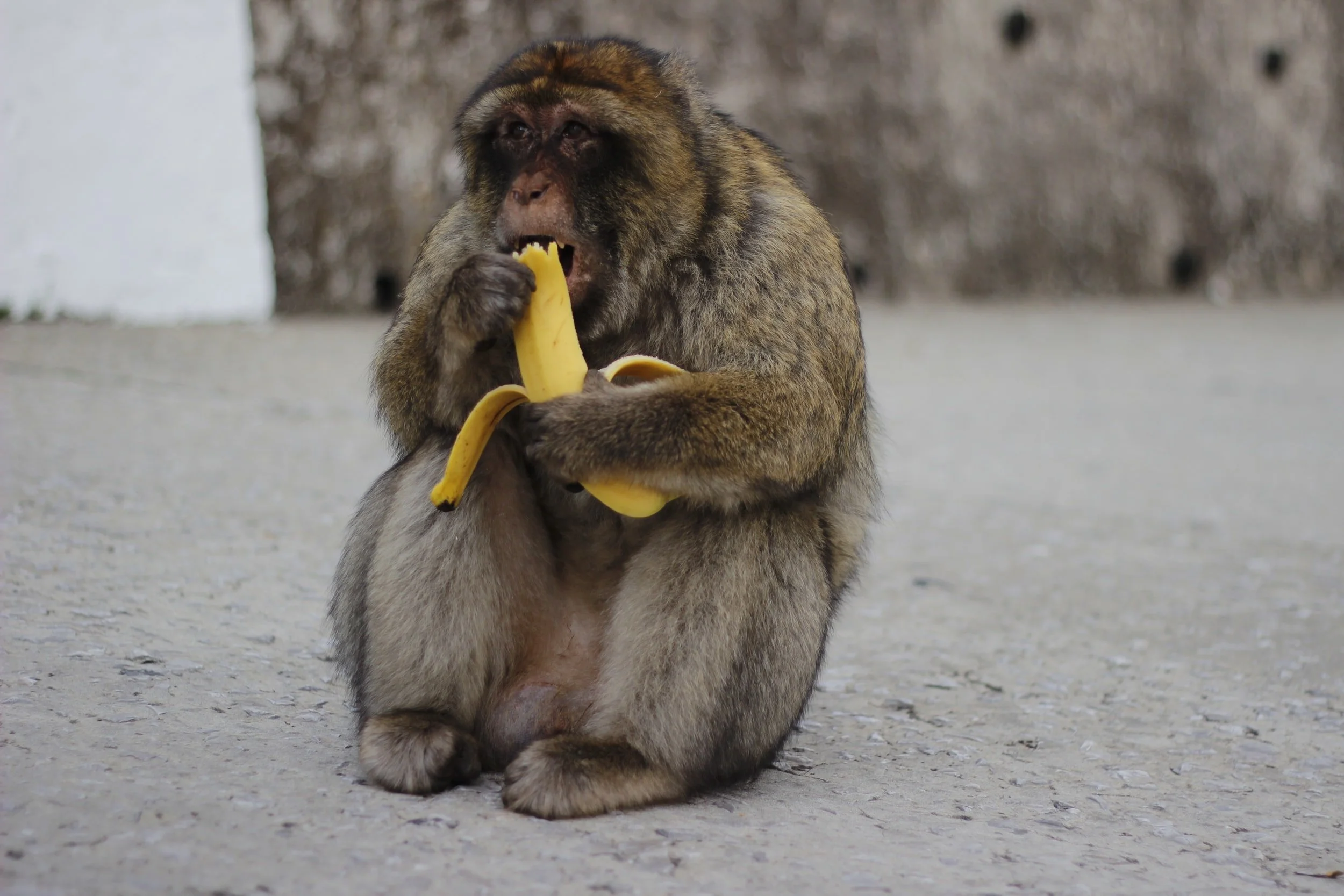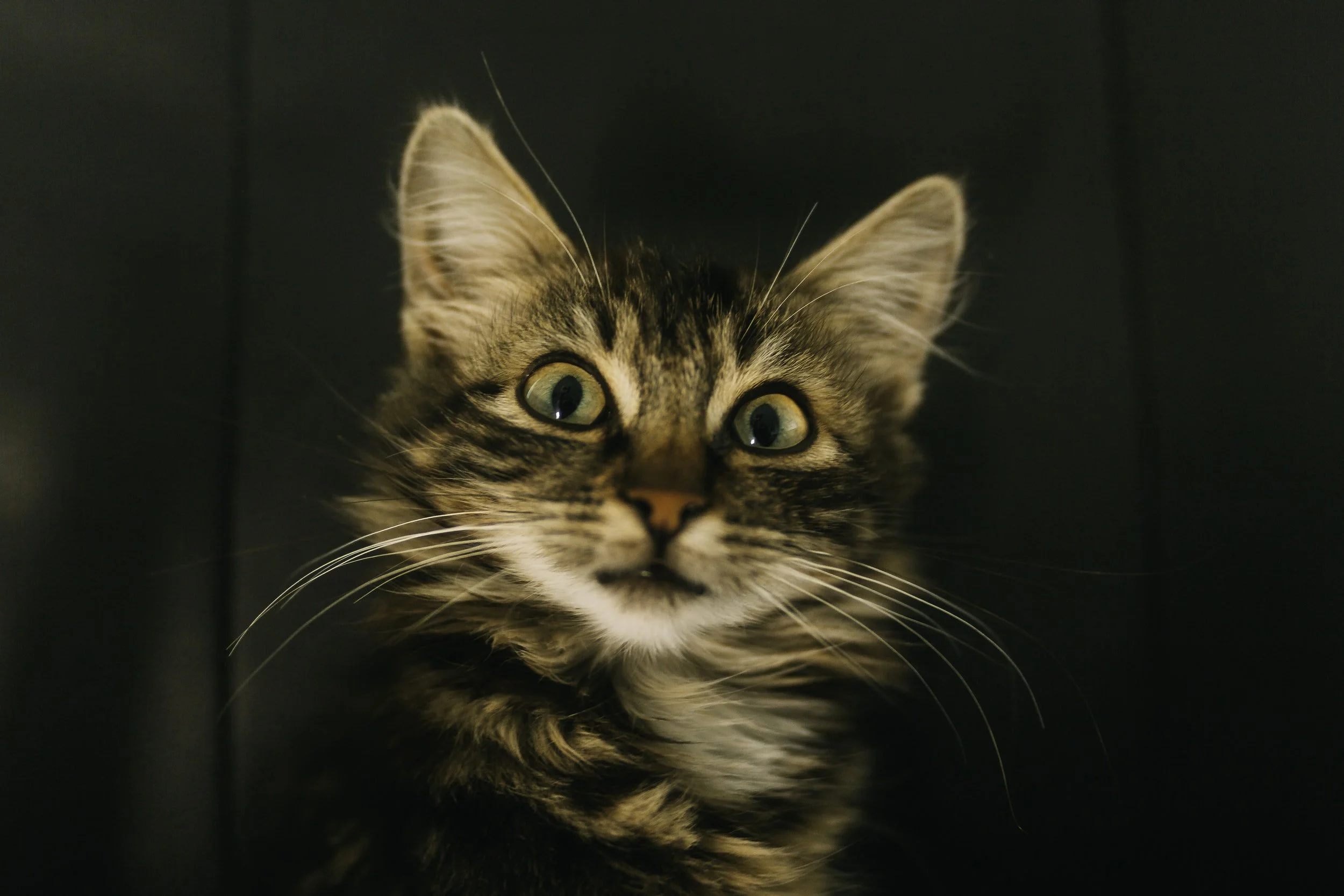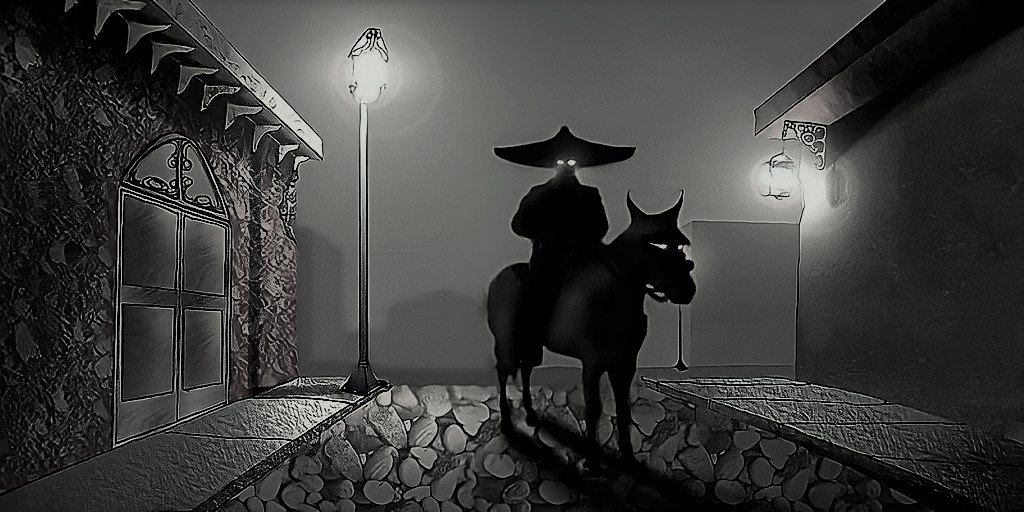The Truth of The Monkey Ladder Experiment
5 Monkeys Experiment
If you’ve worked in an office setting, have a general interest in psychology, or been on LinkedIn in the past few years you may have seen or heard about the “Monkey Ladder Experiment” sometimes called the “5 Monkeys Experiment”.
In case you haven’t heard of it, here’s a quick synopsis of it:
A group of scientists/researchers place five monkeys in a room that contains a ladder in the center and a banana atop the ladder. It isn’t long before one of the monkeys attempts to go for the banana but as soon as that happens, a scientist comes in and sprays all the monkeys with ice-cold water from a hose.
If any other monkey attempts to go for the banana the same thing happens and continues to happen until all the monkeys refuse to go for the banana.
At this point, a scientist switches out a wet monkey with a dry monkey who has no idea what’s been going on in the room and is probably wondering why everyone is so wet and angry.
This new naïve monkey spots the banana and attempts to go for it but instead of being hosed down by a scientist, the other 4 wet monkeys hit him, preventing him from touching the ladder.
One by one the rest of the wet monkeys are replaced with dry monkeys and each one attempts to go for the banana only to be violently stopped by the other monkeys. It eventually gets to the point where no wet monkey is left and only dry monkeys are in the room. Yet, they still won’t attempt to grab the banana thinking something bad will happen if they do.
“I killed 4 other monkeys for this.”
Did it Happen?
The end of the story is usually tagged with a scientist saying something along the lines of “if the monkeys could speak they would say their reasoning for preventing any who attempted to go up the ladder is ‘because that’s how it’s always been done’”
Every time I found this story being told or written online, the storyteller tells us it’s an actual experiment into human behavior using monkeys. It tells us we’re not open to change or trying new things because we’re afraid of something.
Sure, it does try to convey a good message, you should try new things at your job and all the seasoned workers should be open to change but did the monkey ladder experiment actually happen? Nope, it’s completely made up.
“Wait, what?!”
The Real Monkey Experiment
But there was a study (possibly what inspired the made-up version) printed in 1967 called “Cultural Acquisition of A Specific Learned Response Among Rhesus Monkeys” so at least I can see why they changed the name in the made-up version.
In the real experiment researcher, G.R Gordon placed a monkey in a cage with an item and made them fear it by hitting them with several blasts of air. Once the fear was learned a naïve monkey was placed in the cage.
Guess what happened when the naïve monkey tried to touch the item? If you thought the scared monkey attacked them like in the made-up version, you’d be wrong. The worst thing that happened was the scared monkey pulled the naïve monkey away and that happened only once.
The other 3 times the experiment was conducted, the scared monkeys just gave fearful looks towards the naïve monkeys as to say, “you probably shouldn’t touch that.” When the naïve monkeys did touch the item, there were actually two instances of the scared monkey losing their fear and joining them.
This is essentially the opposite of what the 5 monkeys experiment was trying to prove.
The 5 Monkeys Experiment or The Monkey Ladder Experiment tries to scare us into changing, telling us our base human behavior is to reject change and not try new things but the study that even remotely matches that message actually shows the opposite. Maybe we should be talking about that experiment instead of a lie?
Or maybe we just shouldn’t make up scientific experiments and try to pass them off as truths just to encourage different work behavior?
Now if you’ll excuse me, I think my co-workers are getting up too many times in the day to refill their water bottles; I’m going to tell them about a new experiment I just made up wherein scientists found drinking too much water between 9 am and 5 pm, is actually detrimental to your health.
“Literal poison from 9-5” - Quote from my made-up researcher
















